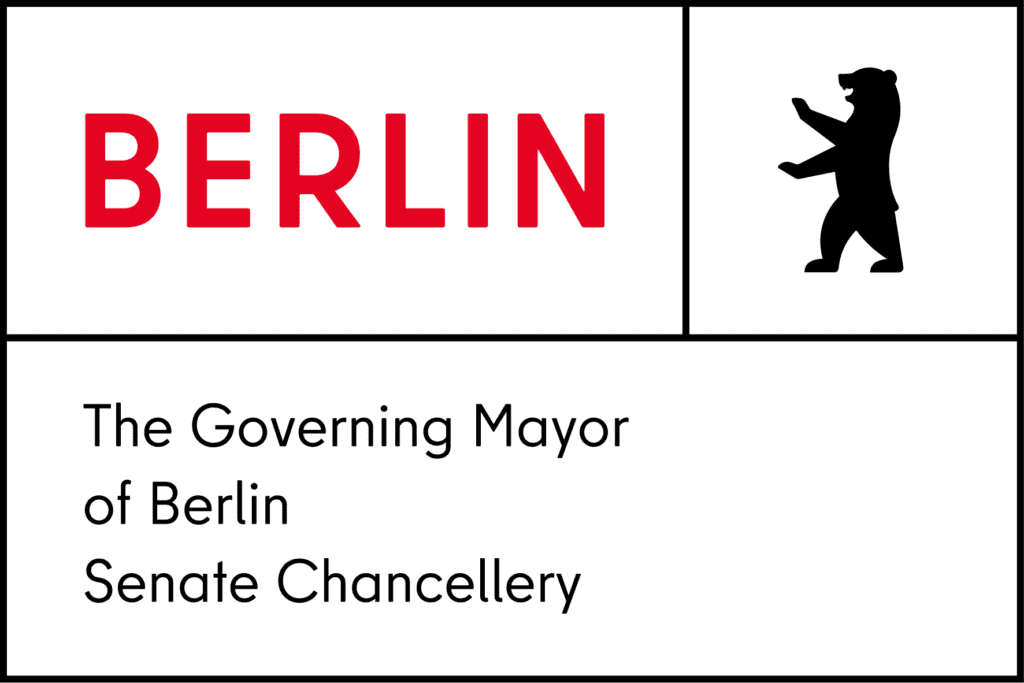What was the issue?
Clair Berlin was a community-based initiative to measure air quality in public spaces. The initiative was aimed in particular at operators inside of theaters, exhibition spaces, libraries or training rooms and other public spaces to provide them with further assistance in complying with hygiene regulations, especially during the pandemic.
What did you do?
In a scientifically accompanied test phase, 20 CE-compliant NDIR CO2 sensors were initially be tested throughout Berlin and connected to an open data platform. The initiative’s open source platform had an MQTT interface and a RESTful API to transfer the measured values from the analog to the digital space in real time. The LoRaWAN network “The Things Network” was used to connect the sensors to the digital network. The measured values of the past days and weeks can be viewed on Clair’s website and also used for further scientific research. In the second step, the company was focusing on public operation and horizontal scaling, i.e. on distributing the sensor technology as widely as possible. Interested operators of public spaces could simply fill out Clair’s participation form and find out more about participating in the initiative and sending a CO2 sensor.
Who is involved?
Clair Berlin was initiated by Ulrich Schuster and Jan Weil in the course of the Corona Pandemic and is supported by HTW Berlin and CityLAB Berlin.
Next steps
In coordination with the Technologiestiftung Berlin and the Berlin University of Applied Sciences (HTW), Clair Berlin has been transferred to the pilot project COMo (CO2 -monitoring in publicly accessible indoor spaces) with funding from the Berlin Senate Chancellery. In the pilot project, the sensor network will be further expanded and an open data platform for sensor data on CO2 concentration in publicly accessible indoor spaces will be developed. More information and additional details about the project can be found here!
Contact
